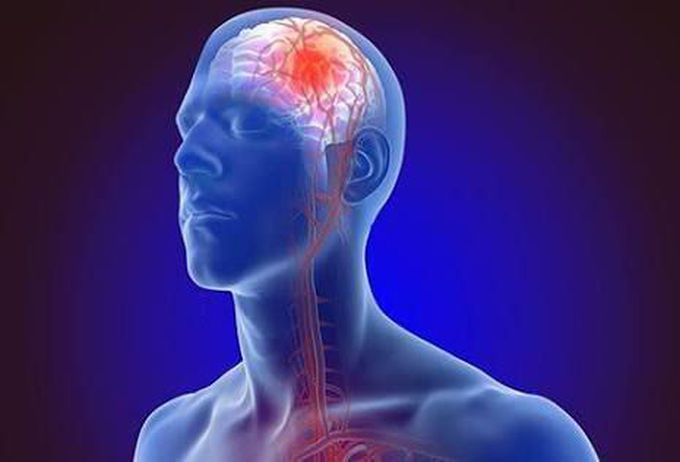


What is stroke? Risk factors and Sign and symptoms.
A stroke occurs when the blood supply to part of your brain is interrupted or reduced, preventing brain tissue from getting oxygen and nutrients. Brain cells begin to die in minutes. A stroke is a medical emergency, and prompt treatment is crucial. Risk factors: Many factors can increase your stroke risk. Potentially treatable stroke risk factors include: Lifestyle risk factors Being overweight or obese Physical inactivity Heavy or binge drinking Use of illegal drugs such as cocaine and methamphetamine Medical risk factors High blood pressure Cigarette smoking or secondhand smoke exposure High cholesterol Diabetes Obstructive sleep apnea Cardiovascular disease, including heart failure, heart defects, heart infection or abnormal heart rhythm, such as atrial fibrillation Personal or family history of stroke, heart attack or transient ischemic attackCOVID-19 infection Other factors associated with a higher risk of stroke include: Age — People age 55 or older have a higher risk of stroke than do younger people. Race — African Americans have a higher risk of stroke than do people of other races. Sex — Men have a higher risk of stroke than women. Women are usually older when they have strokes, and they're more likely to die of strokes than are men. Hormones — Use of birth control pills or hormone therapies that include estrogen increases risk. Sign and symptoms: Signs and symptoms of stroke include: Trouble speaking and understanding what others are saying. You may experience confusion, slur your words or have difficulty understanding speech. Paralysis or numbness of the face, arm or leg. You may develop sudden numbness, weakness or paralysis in your face, arm or leg. This often affects just one side of your body. Try to raise both your arms over your head at the same time. If one arm begins to fall, you may be having a stroke. Also, one side of your mouth may droop when you try to smile. Problems seeing in one or both eyes. You may suddenly have blurred or blackened vision in one or both eyes, or you may see double. Headache. A sudden, severe headache, which may be accompanied by vomiting, dizziness or altered consciousness, may indicate that you're having a stroke. Trouble walking. You may stumble or lose your balance. You may also have sudden dizziness or a loss of coordination. Reference: https://www.mayoclinic.org/diseases-conditions/stroke/symptoms-causes/syc-20350113#:~:text=Overview,and%20prompt%20treatment%20is%20crucial.


